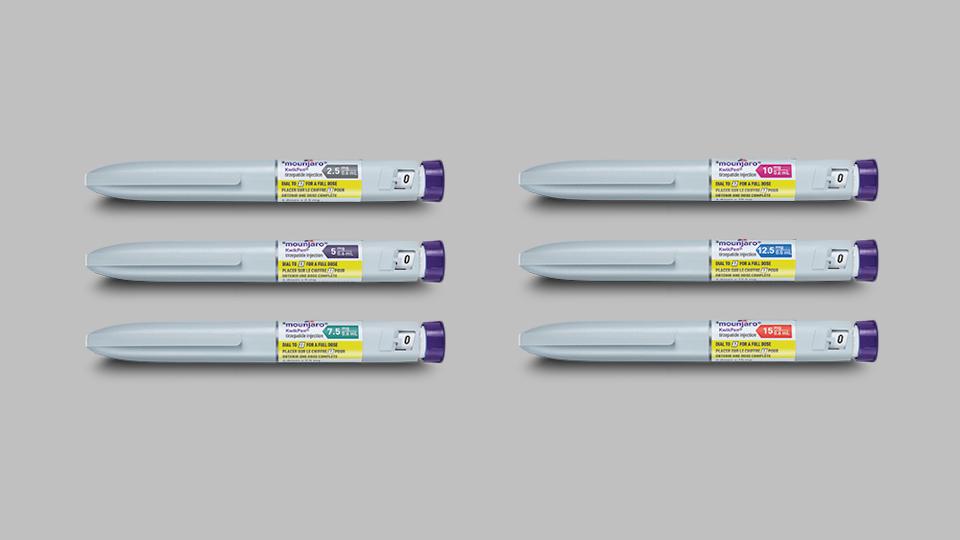NHS funding boost confirmed ahead of tomorrow's Budget

The UK government has announced a £1.8 billion ($2.3 billion) investment programme that Health Secretary Wes Streeting has said will allow the NHS to deliver an extra 40,000 elective appointments each week.
Streeting told the BBC this morning that – with 7.6 million people on waiting lists at the moment – the cash injection will "arrest the decline in our NHS and mark the turning point after years in which [it] has been run into the ground."
He also said that the measures go beyond money, with reformed ways of working being implemented to improve efficiency. Teams of clinicians are now going into hospitals dealing with high wait times and high numbers of people off work due to sickness "to reform how they run their surgeries, treat more patients, and make the money go further."
There will also be a major capital investment programme, with £1.5 billion earmarked for new surgical hubs and scanners and £70 million set aside for new radiotherapy machines. Billions of pounds will be invested in technology and digital innovations across the NHS in the coming years to "boost productivity and unlock significant savings for the NHS in the long-term."
The government said that, while one Budget will not be enough to solve the waiting list backlog, the new measures should start to bring numbers down, with Chancellor of the Exchequer Rachel Reeves claiming: "We will be known as the government that took the NHS from its worst crisis in its history, got it back on its feet again, and made it fit for the bright future ahead of it."
In August, it was revealed that around 280,000 people had been waiting for an NHS operation, scan, or appointment for over a year.
The funding announcement comes ahead of a long-awaited Budget from the new Labour government that will be revealed tomorrow, although, its plans for a deeper restructuring will only be revealed when the 10-year NHS plan is published, due next spring.
Prime Minister Keir Starmer has promised that this will deliver "the biggest reimagining of the NHS" since it was formed in 1948, but also insisted that there will be no additional money without reform.
The broad sweep of the planned changes has already been announced, including a shift in the funding balance in favour of neighbourhood services, an acceleration of the switch from analogue to digital services, and a renewed effort to move from treatment to prevention.
In September, a report on the state of the NHS commissioned by the new government and carried out by former Labour Health Minister Lord Darzi concluded that it is in "critical condition", with systemic problems that could take up to eight years to put right.
Last week, the Association of the British Pharmaceutical Industry (ABPI) urged the Health Secretary to consider the "vital role medicines and vaccines can play" as the plans to reform the NHS take shape.
"Declining investment in new medicines is part of the 'broken NHS', and if we're serious about fixing it, we need to reverse that trend," said the trade body's chief executive, Richard Torbett.












